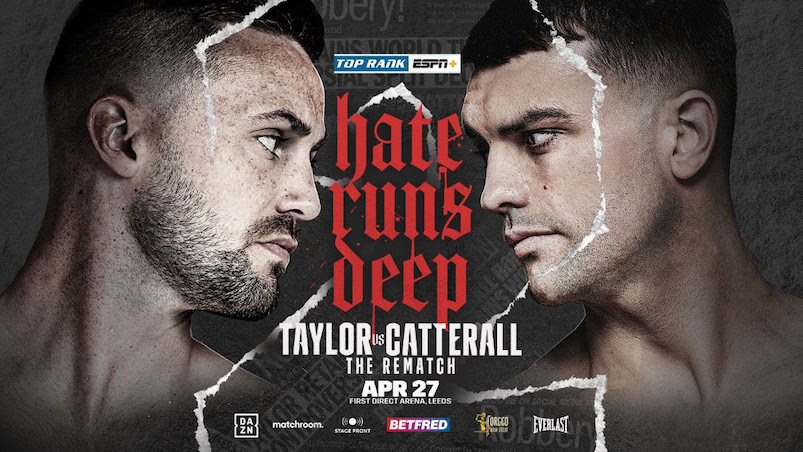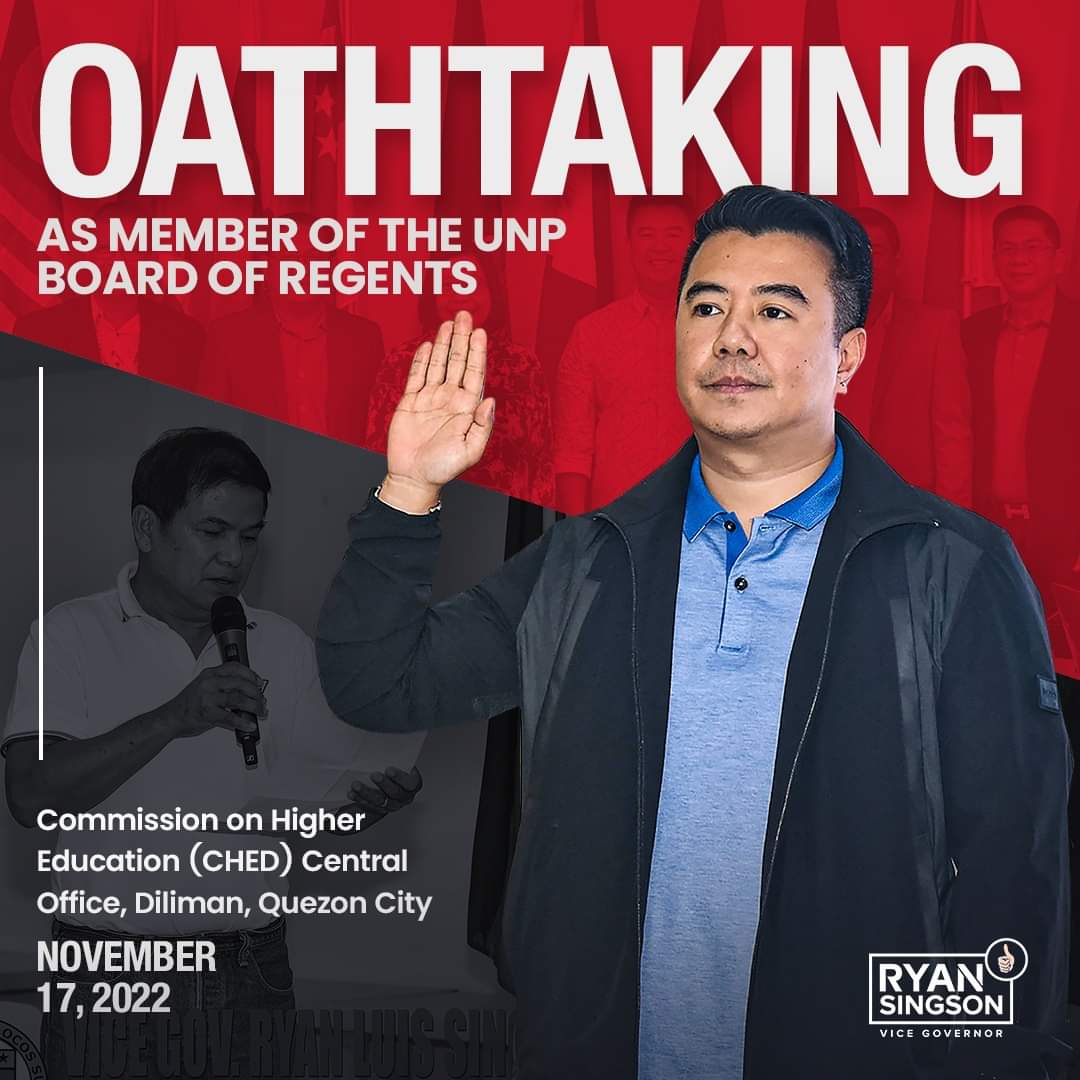The greatest power forward who ever lived is calling it a career.
San Antonio Spurs stalwart Tim Duncan announced his retirement from the NBA on Monday after 19 seasons, ending weeks of speculation about his future. Duncan had a player option on the two-year contract he signed last summer for $5.6 million.
The Vertical's Adrian Wojnarowski reported Duncan is expected to hold a formal press conference this week.
The 40-year-old ends his career with one of the most decorated resumes in NBA history. Duncan won two MVP awards, made 15 All-Star teams and was named an All-NBA selection on 15 different occasions. He also won five NBA championships. Spotrac noted Duncan earned $236 million during his time with the Spurs.
During his 19 seasons, Duncan averaged 19.0 points, 10.8 rebounds and 2.2 blocks per game. His numbers dipped to 8.6 points, 7.3 rebounds and 1.3 blocks in 2015-16 as he ceded offensive responsibilities to LaMarcus Aldridge.
Those numbers far undersold Duncan's per-minute effect. ESPN's Real Plus-Minus rated him the 12th-best player in basketball and the second-best defender overall.
That all came crashing to a halt in the postseason. Duncan began looking every bit of his 40 years of age, playing a minor role in the Spurs' sweep of the Memphis Grizzlies before becoming overwhelmed by Oklahoma City's athleticism in San Antonio's loss to the Thunder. He shot just 35.9 percent in the series, including a Game 4 dud in which he failed to attempt a single shot.
Golden State Warriors coach Steve Kerr discussed Duncan with Harvey Araton of the New York Times in February 2015:
One of the best teammates I ever had. ... Incredibly confident with his game but humble with his approach, always taking the criticism for the rest of us. He'd come into the locker room after a loss and he'd say, 'My fault,' and you'd look at the stats and he's got 38 points and 24 rebounds. Pretty sure it wasn't your fault, Tim.
Duncan's ascent hardly came from nowhere. Unlike most of his contemporaries, Duncan stayed at Wake Forest for the entirety of his eligibility and became one of the most renowned faces in ACC history. The 1997 NBA draft process might as well have been renamed the Tim Duncan Lottery.
The Spurs, already boasting a superstar big man in David Robinson, won the pick—a fateful outcome that would wind up shaping the Western Conference for nearly two decades. Duncan combined with Robinson to create the most formidable big-man duo in the league, and the "Twin Towers" sparked a revival for a franchise that won just 20 games a year prior.
Under the steady stewardship of Gregg Popovich, the Spurs increased their regular-season win total by 36 games as Duncan proved he was worth every bit of the hype. He averaged 21.1 points, 11.9 rebounds and 2.5 blocks per game, winning the NBA's Rookie of the Month award every month during the season en route to a Rookie of the Year award, an All-Star selection and first-team All-NBA honors.
The Spurs would not win a title that year, but one of the greatest sustained eras of excellence in league history was born. Duncan pushed San Antonio to its first NBA championship a season later, a dominant run that has been unfairly maligned by some since it was a lockout-shortened campaign. He won his first of three NBA Finals MVPs in that series.
While injuries and the ascent of the Shaquille O'Neal and Kobe Bryant-led Los Angeles Lakers would press the pause button on the Spurs' initial run, it became clear over time that the Duncan-Popovich tandem was not a short-term flicker of excellence.
Bryant wished Duncan well in his retirement as both legends ride into the sunset following this season:
In 19 seasons, Duncan's Spurs never won fewer than 60 percent of their games and finished below 50 wins just once—the lockout-shortened 1998-99 season in which San Antonio went an NBA-best 37-13.
Duncan and Popovich presided as bastions of consistency over multiple eras in the Western Conference. The Shaq-Kobe Lakers, the C-Webb Kings, the go-go Suns, multiple incarnations of the Mavericks, the Pau-Kobe Lakers and many more challengers came and went while Pop and Duncan stayed strong—always one step ahead of the curve.
Manu Ginobili, a huge part of those championship teams, wished Duncan well in his retirement after the announcement:
Duncan willingly took a backseat when it became clear San Antonio would benefit from rejigging its style to highlight Tony Parker's strengths, the same way Robinson had once done for him.
The endless post-ups became fluid-motion actions designed for corner threes. When faced with his own mortality as a player, Duncan did what few would and eschewed holding on relentlessly to being "the man" while still proving quietly effective.
Throughout his career, Duncan and his Spurs teams became synonymous with the word "boring" for some fans. For those who love the NBA, though, Duncan-led teams were only "boring" if you were somehow bored by unrepentant greatness on both ends of the floor.
Duncan is the last of a dying breed. He has no Twitter account, rarely makes candid comments to the media and has largely led a private personal life.
Perhaps that did make Duncan "boring." But it's also what helped make him the greatest power forward the game has ever seen, a man whose legacy will live on far beyond the reach of his 19-year NBA career.





